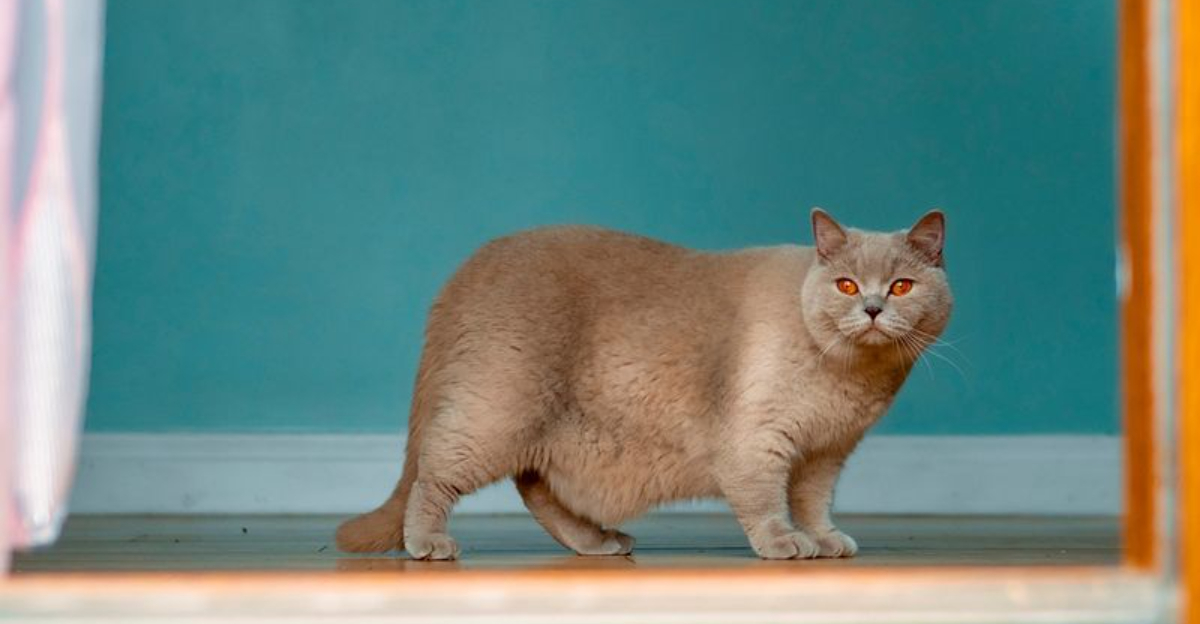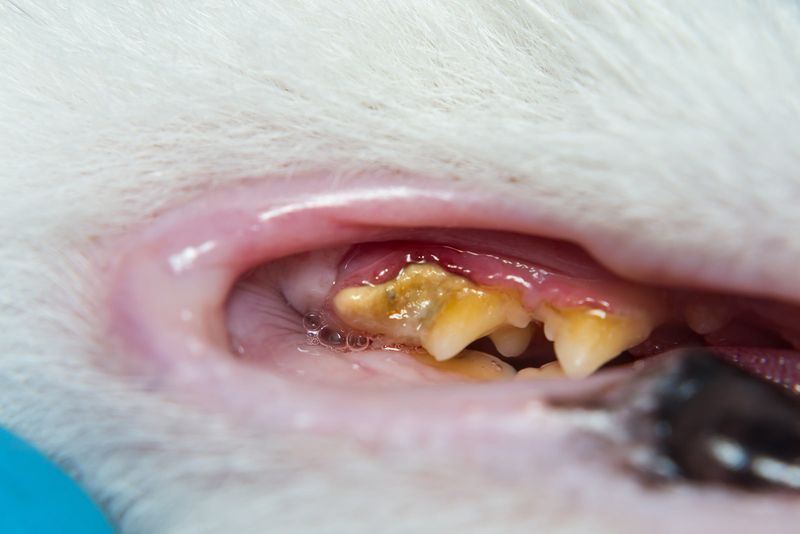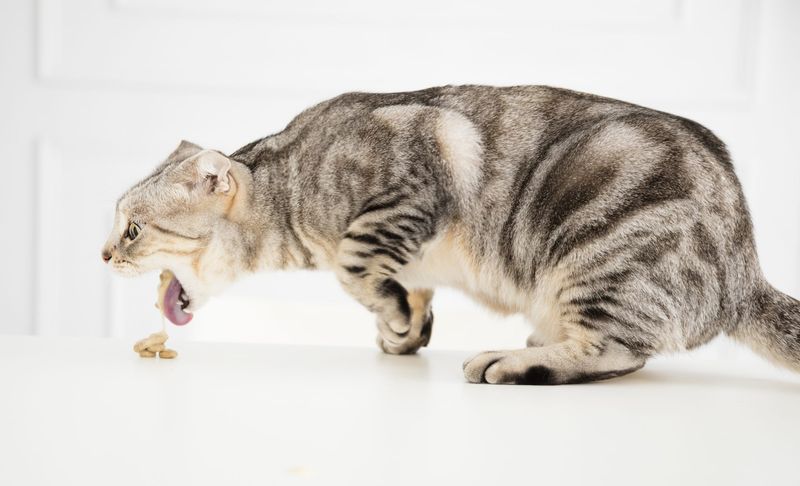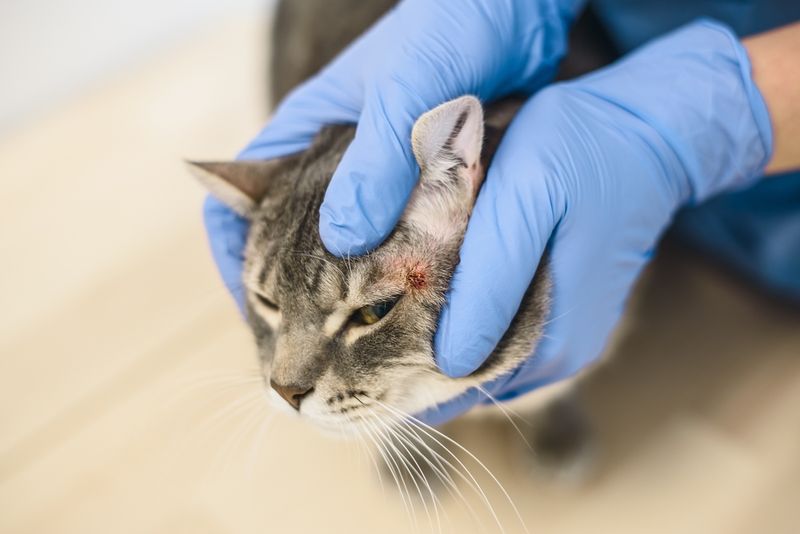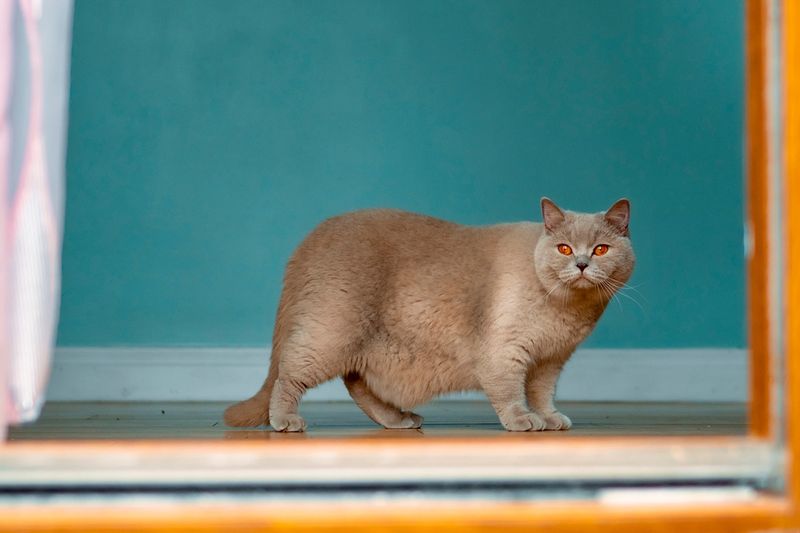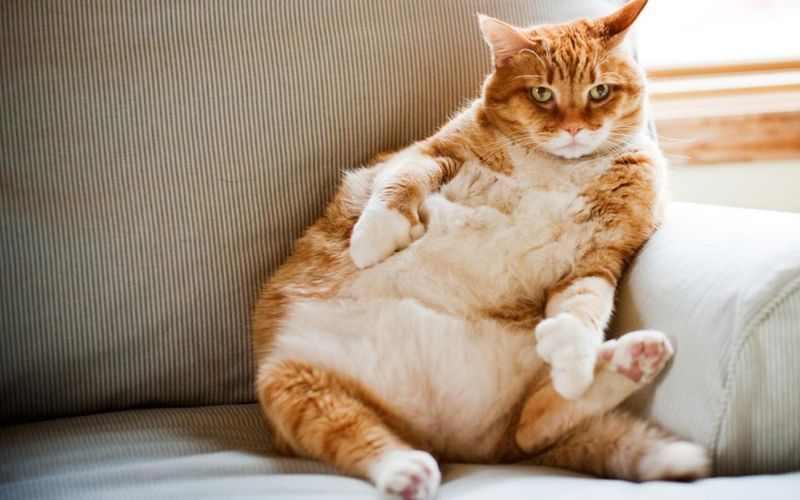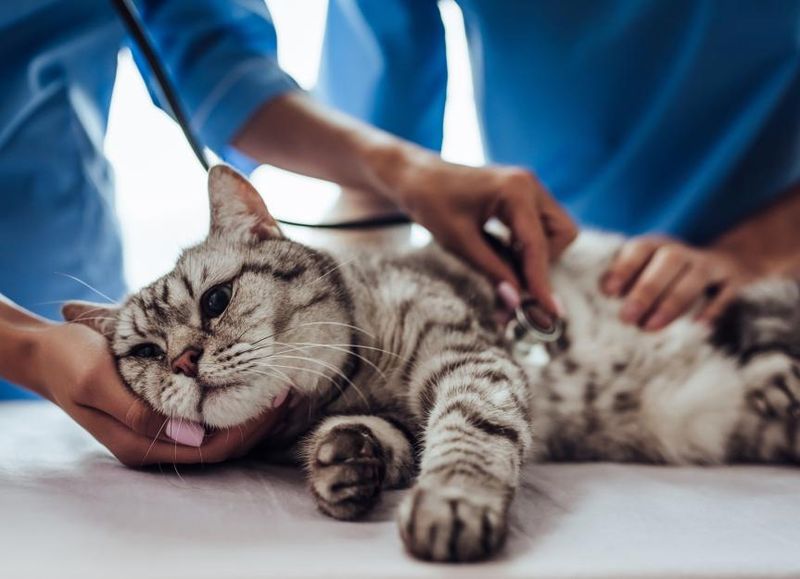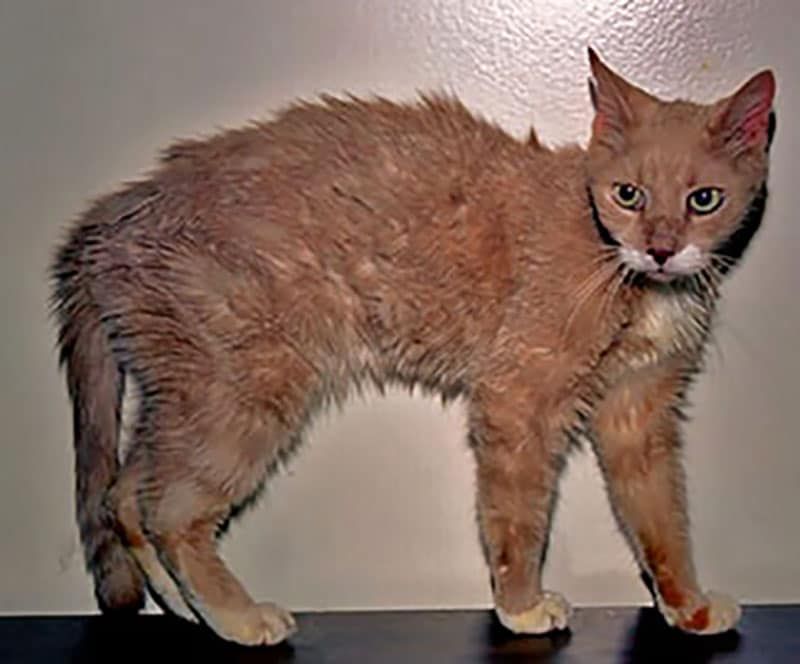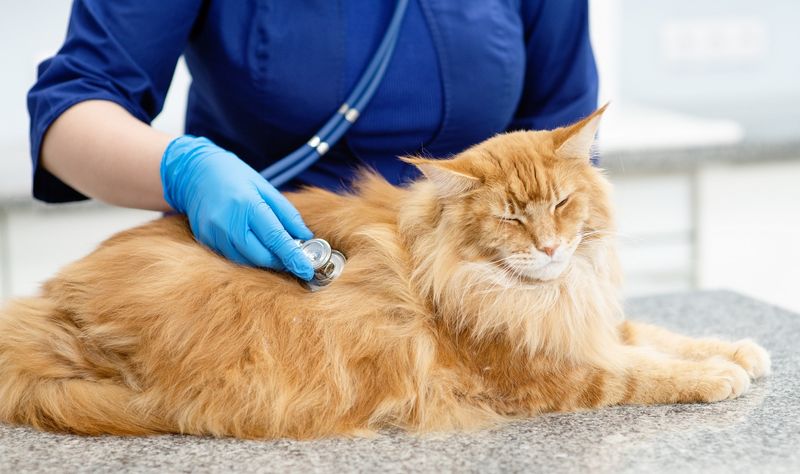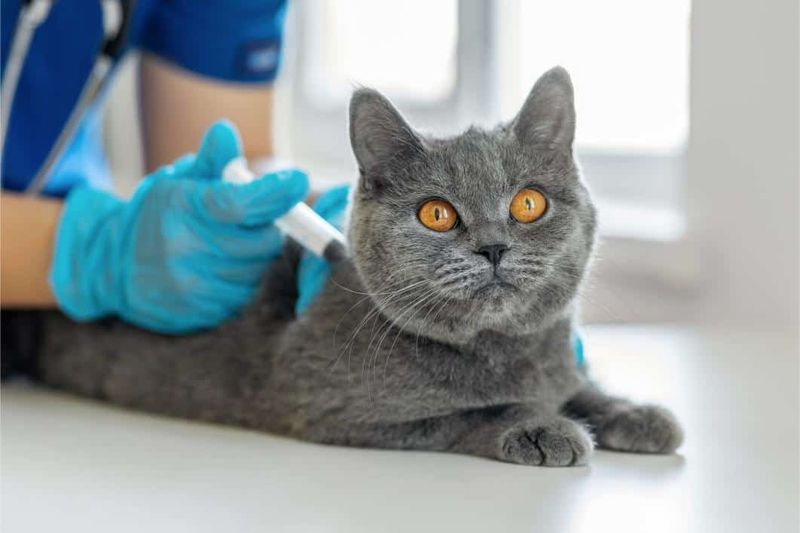📖 Table of Content:
For many cat owners, it can be tempting to postpone or skip a routine vet visit—especially when a cat seems perfectly healthy. After all, cats are masters at hiding discomfort and illness, often showing no outward symptoms until a problem becomes severe. But what may feel like a harmless delay can actually open the door to a range of preventable emergencies.
Veterinary checkups are far more than a chance to update vaccinations; they’re a vital opportunity for early detection of hidden conditions that can seriously impact your cat’s quality of life. These appointments often catch subtle changes that are easy to miss at home, from tiny weight fluctuations to early signs of internal disease. Skipping even one visit may allow small issues to snowball into major crises—some of which could require intensive treatment, emergency intervention, or lead to long-term damage.
Understanding what’s at stake can help cat owners make more informed decisions about their pet’s health. Below are ten potential cat health emergencies that often begin silently, and how regular vet care can make all the difference in catching them before they become life-threatening.
1. Dental Disease
Unchecked dental problems in cats can develop rapidly, often without obvious signs until the situation is painful or severe. When plaque and tartar accumulate, they irritate the gums, leading to gingivitis and eventually periodontal disease. This condition can cause chronic pain, difficulty eating, and even lead to infections that spread to vital organs like the heart or kidneys. A single missed dental checkup may allow these issues to go undetected, worsening until tooth loss or abscesses occur. Cats are particularly good at masking oral discomfort, which means owners may not notice a problem until it’s advanced. Routine vet visits typically include a mouth exam, and sometimes dental cleanings, which can stop dental disease in its tracks. Delaying these appointments robs your cat of early intervention and increases the risk of costly procedures later.
2. Kidney Disease
Silent but serious, kidney disease is one of the most common ailments in aging cats and can develop without clear symptoms for months. Regular vet appointments often include blood and urine tests that help detect kidney decline at its earliest stages. If caught early, treatment options such as dietary changes, hydration support, and medications can significantly slow the progression. Without these screenings, the first signs you may see at home—lethargy, vomiting, or weight loss—might only appear when the condition is already advanced. Because kidneys play such a crucial role in detoxifying the body, failure affects nearly every system. Missing even one routine test panel could mean bypassing your best window for managing the disease effectively. Preventive care is the cornerstone of extending your cat’s healthy years, especially when it comes to organs as vital and vulnerable as the kidneys.
3. Parasite Infestations
Parasites such as fleas, ticks, and intestinal worms don’t need much time to become a major threat to your cat’s health. Skipping a routine vet visit can lead to a lapse in preventative treatments, giving parasites the chance to take hold and spread. Fleas alone can lead to anemia, skin infections, and allergic reactions, while intestinal parasites may cause diarrhea, malnutrition, and vomiting. In kittens or older cats, these infestations can quickly become life-threatening. During wellness visits, vets often check for telltale signs of infestations or recommend preventive regimens tailored to your cat’s lifestyle. Early treatment or prevention not only protects your cat but also minimizes the risk of parasites spreading to other pets—or even humans—in your home. Letting that vet visit slide might seem harmless until you’re dealing with a full-blown infestation.
4. Obesity
Weight gain in cats often goes unnoticed because it can happen so gradually, and indoor cats especially may lack the exercise needed to stay trim. A missed vet appointment removes a key checkpoint for monitoring your cat’s body condition and catching the early stages of obesity. Vets use objective tools like body condition scoring and weighing to track changes that owners might overlook. Obesity isn’t just about appearance—it increases your cat’s risk for diabetes, joint pain, heart disease, and even some cancers. Without early guidance from a vet, it’s harder to implement weight management strategies like portion control or switching to lower-calorie diets. Cats don’t lose weight easily, so prevention is far more effective than correction. What starts as a few extra ounces can become a chronic health burden if not addressed promptly.
5. Diabetes
Changes in thirst, appetite, or urination may be signs of diabetes in cats, but they’re often subtle or attributed to aging. Routine vet exams help identify abnormal blood glucose levels and catch diabetes early—when it’s more manageable. Skipping even one wellness visit may delay diagnosis and treatment, leading to potentially dangerous episodes of ketoacidosis or severe dehydration. Once a cat becomes symptomatic, they often require urgent care and may need lifelong insulin therapy. By catching the condition early, vets can offer treatment plans that may even reverse early-stage diabetes in some cases. Bloodwork done during annual visits is usually the first indicator that something’s amiss, long before obvious symptoms develop. Forgoing that testing window allows this progressive disease to advance unchecked.
6. Urinary Tract Issues
Urinary problems in cats can become emergency situations within hours, particularly in males where blockages are more common and life-threatening. Symptoms such as straining in the litter box or blood in the urine might not appear until the issue is severe. Vets often detect early warning signs like bladder inflammation or abnormal urine pH during routine exams and testing. A missed appointment could mean skipping this preventive screening, allowing infections or crystals to form unchecked. Blockages can cause extreme pain, kidney damage, or even death if not treated promptly. Preventative care, including diet adjustments and hydration tips, often begins with a conversation during these regular check-ins. Ignoring or delaying that opportunity for early detection could have serious consequences.
7. Heart Disease
Heart issues in cats are notoriously hard to spot at home, as symptoms often don’t show until the condition is well advanced. During a vet visit, a simple stethoscope exam might catch a subtle murmur or arrhythmia that warrants further investigation. Conditions like hypertrophic cardiomyopathy (HCM) can develop silently but lead to sudden heart failure or blood clots. Without routine monitoring, owners may miss the signs until their cat collapses or shows labored breathing. Early diagnosis allows for medication and lifestyle adjustments that can extend life and improve comfort. Veterinarians are trained to notice the nuances of heart health that even the most attentive owner can overlook. When a visit is skipped, a valuable opportunity to detect these silent conditions vanishes.
8. Hyperthyroidism
Older cats are particularly prone to hyperthyroidism, a condition where the thyroid gland overproduces hormones and wreaks havoc on the body. Initial signs—such as increased appetite, weight loss, and hyperactivity—may seem like normal aging or even improved energy. But unchecked, this disease stresses the heart, raises blood pressure, and leads to muscle wasting. Routine vet visits often include blood tests that can catch this imbalance before severe symptoms set in. Missing just one checkup could delay diagnosis and treatment, putting your cat at risk for heart failure or blindness due to hypertension. Fortunately, hyperthyroidism is treatable through medication, diet, or even curative options like radioactive iodine therapy. Catching it early dramatically improves outcomes and quality of life.
9. Cancer
Tumors in cats don’t always show up as obvious lumps—many grow internally and go unnoticed until symptoms become dire. During regular exams, a vet may feel abnormalities, note behavioral changes, or spot early signs like unexplained weight loss or appetite shifts. Skipping these visits can allow malignant growths time to spread, reducing treatment options and survival chances. Cancer is far easier to manage when caught early, with more options for surgery, chemotherapy, or palliative care. Some cancers grow aggressively, meaning even a few months’ delay can make a huge difference. Annual wellness checks are critical in identifying potential red flags that owners might miss. Putting off that appointment means gambling with time you might not be able to get back.
10. Vaccination Lapses
Missing a single vaccination appointment might not seem urgent, but the consequences can be serious and even fatal. Vaccines protect cats against common but dangerous diseases like feline leukemia virus (FeLV), panleukopenia, and rabies. These illnesses can spread quickly, especially in multi-pet households or if your cat ever escapes outdoors. Without updated immunizations, your cat’s immune system may not be ready to fight off infections. Some vaccines require boosters to remain effective, and delays can diminish their protection. Even indoor-only cats benefit from regular vaccination schedules, since viruses can travel on clothing or be passed by insects. When you skip the vet visit, you skip one of the simplest yet most vital tools for keeping your cat safe.
